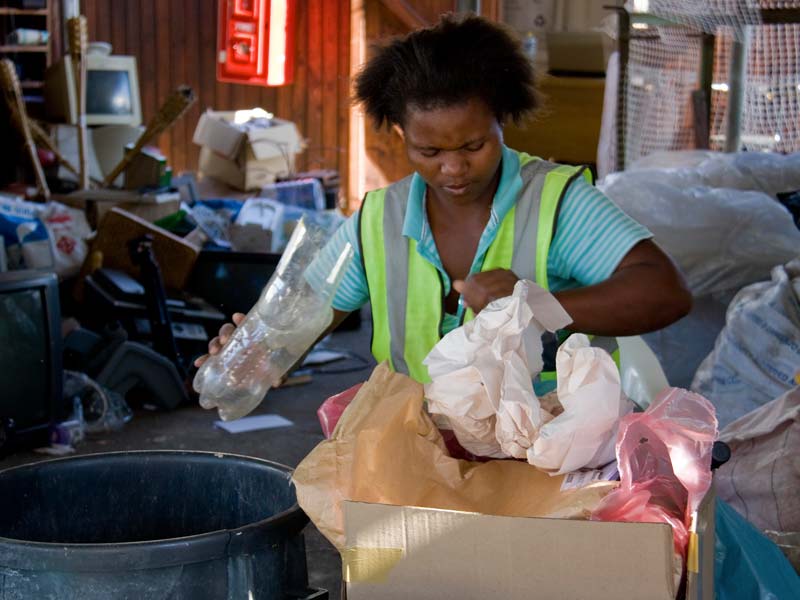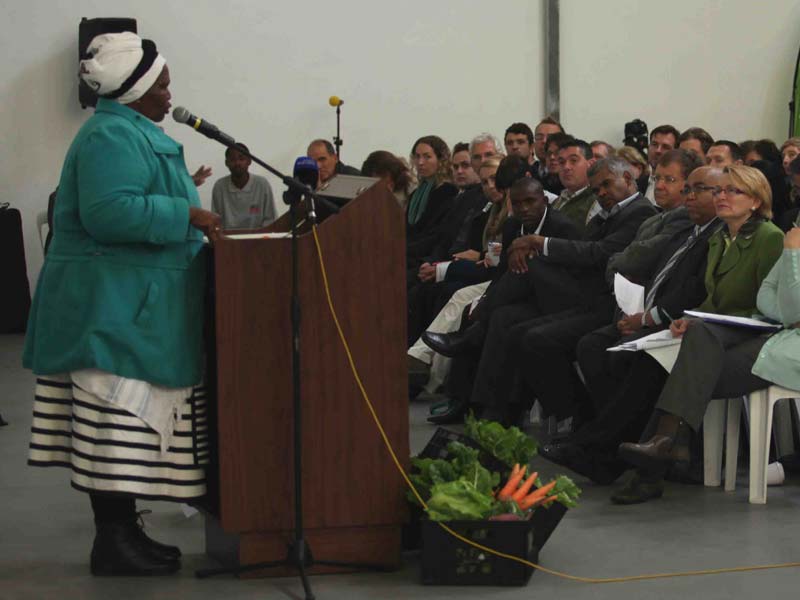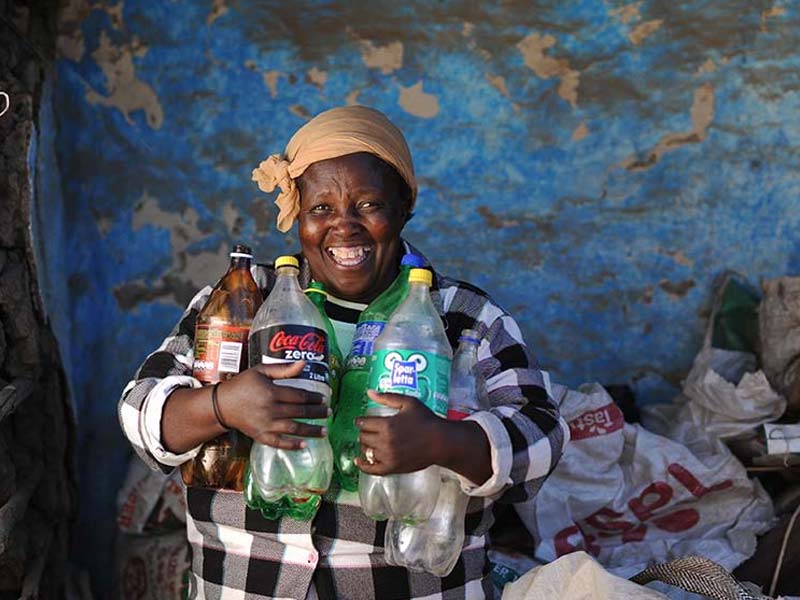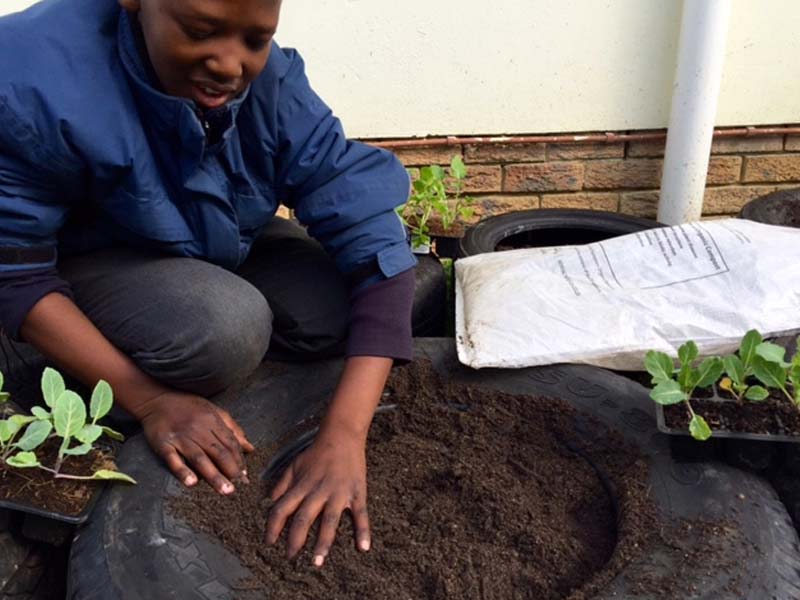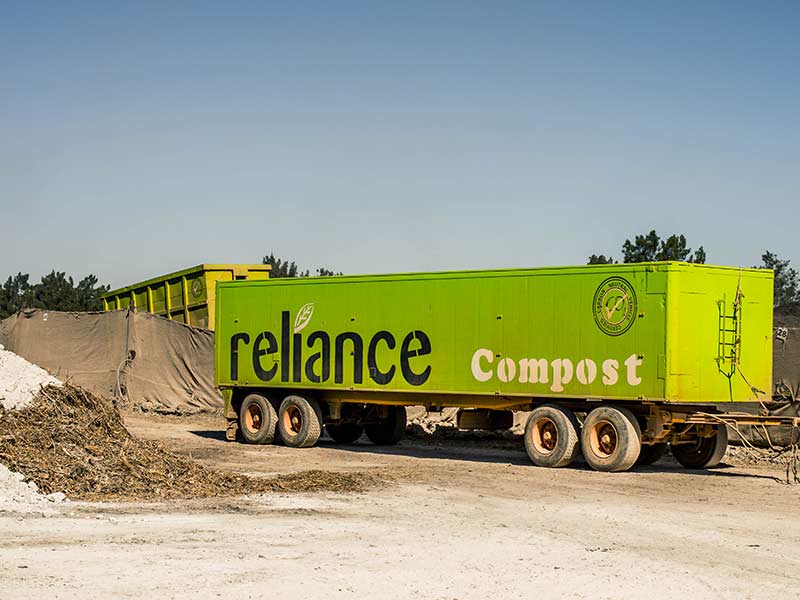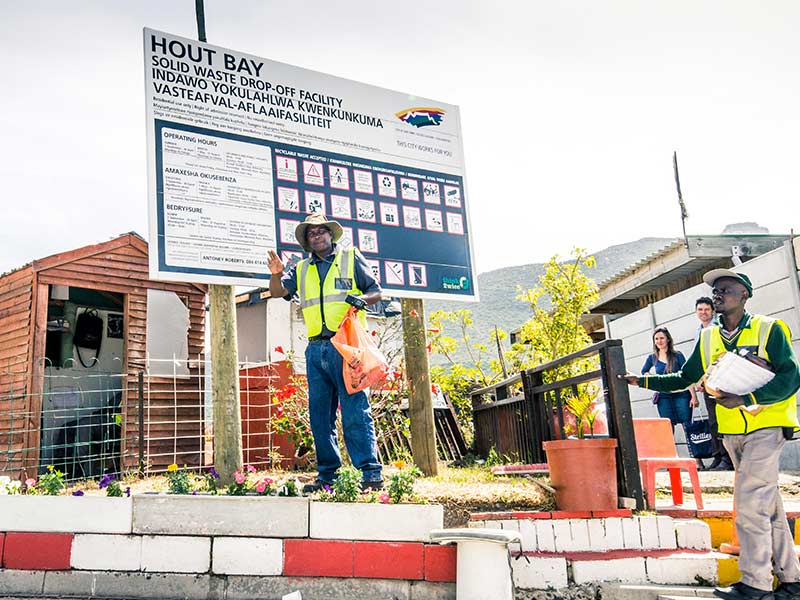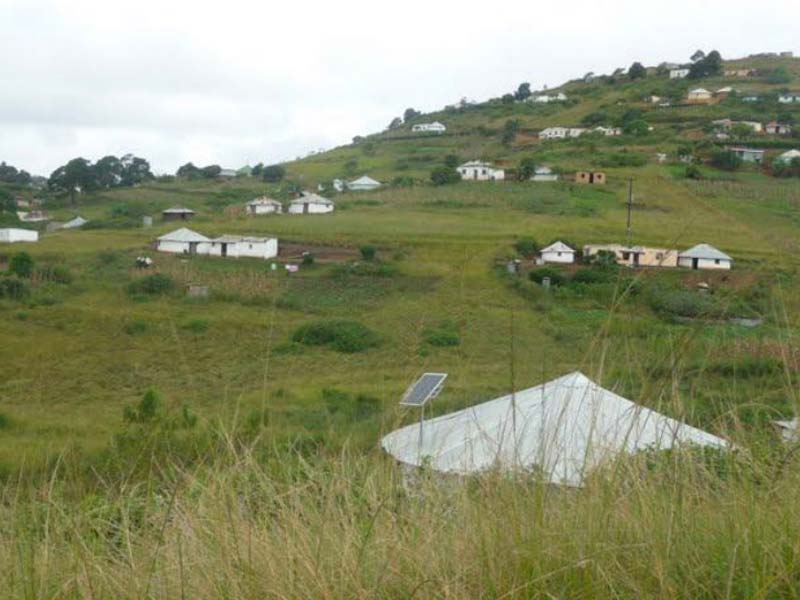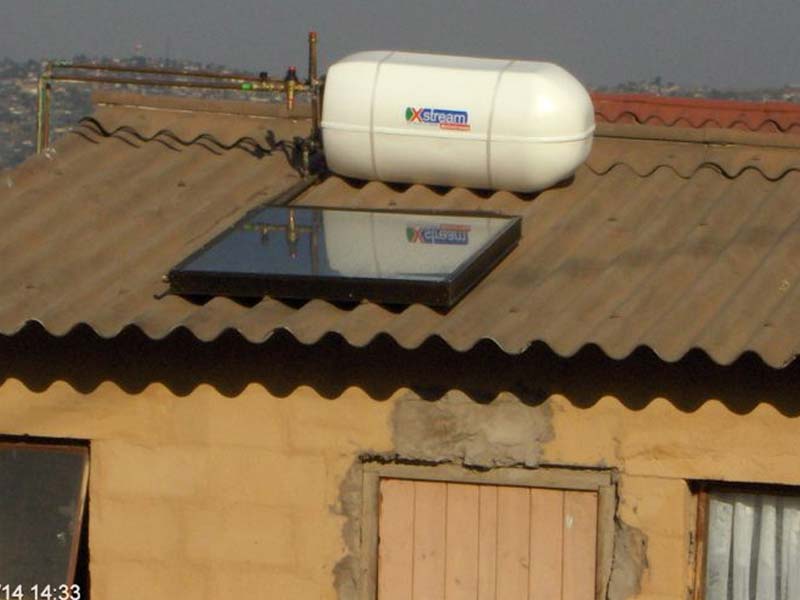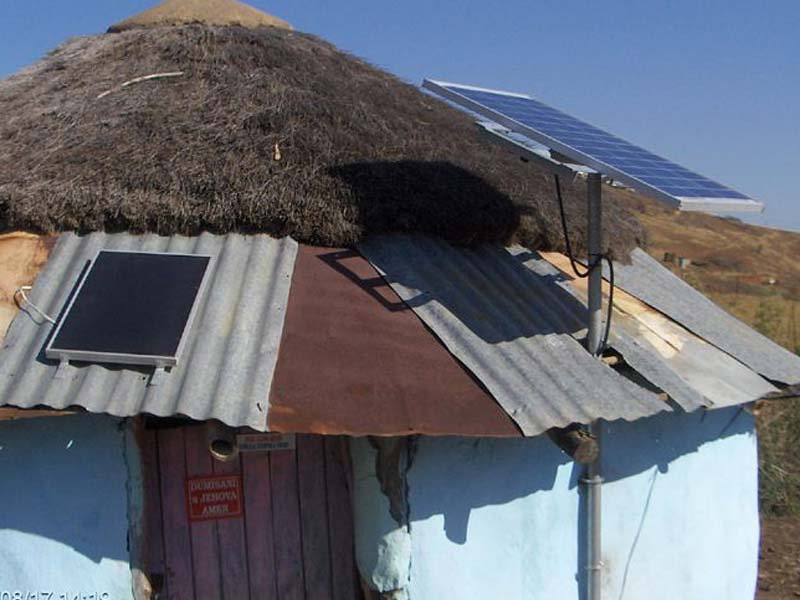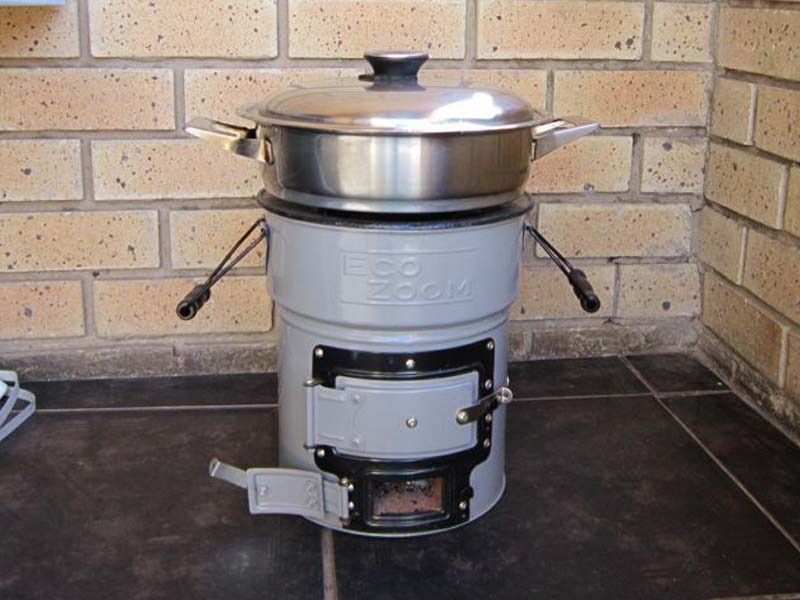ID:
492
Promoting Access to Carbon Equity
South Africa,
Cape Town 2004
PACE is a South African non-profit organisation based in the city of Cape Town that finances projects for the alleviation of poverty in the country with support from environmentally-minded donors.
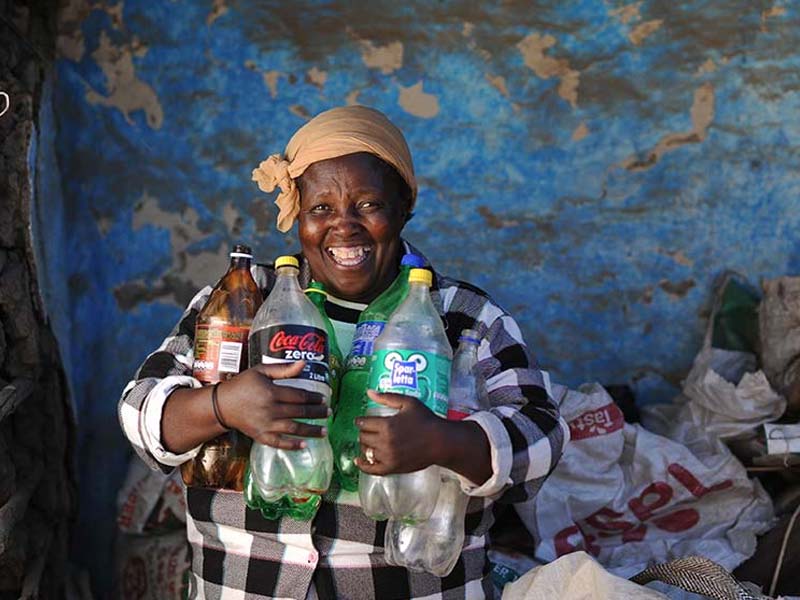
The formation of the Credible Carbon™ facility allowed the organisation to transition from a donor-funded support agency to a financially independent organisation. PACE now plays the role of project originator, advisor and project proponent to a range of projects defined by their ability to remove quantifiable amounts of greenhouse gas from the atmosphere and simultaneously alleviate poverty.
One of these projects, Kuyasa, was a low-carbon housing development in one of the poorest and most vulnerable corners of Khayelitsha, one of the so-called townships that lie at the outskirts of Cape Town. By 2014, the project had installed solar water heaters, ceilings and energy-efficient light bulbs (CFLs) on 2,100 houses. The project helped households to save money that would have been spent on coal-fired electricity and supplementary paraffin. The project also improved indoor air quality while reducing CO2e. Other benefits of the project were the creation of local jobs, a consequent decrease in pulmonary pneumonia and other respiratory illnesses by occupants who had traditionally inhaled the smoke coming off the smoke of coal fires indoors and a decrease in accidents and damage to property as a result of fire. The project formed a local maintenance team that conducted installations and maintenance comprising of a number of previously unemployed unskilled or semi-skilled individuals in a city with an unemployment rate of 30%. The project created 85 full-time jobs of which 50 were youth, 28 were women, and 3 were disabled. The installed technologies saved the beneficiary households an estimated R1,000 (~€61/£54), an amount that is very significant in places where the average monthly salary can be a low as R1,049 (~€64/£57) for a domestic worker.
PACE partnered with the uMdoni municipality in the KwaZulu-Natal province in a different project to displace the use of wood, paraffin and dung fuel sources in 4,000 households with 7 litres of bioethanol gel (a by-product of the local sugarcane industry) each. The municipality had originally provided adequate stoves to househols and PACE upgraded these with more efficient models. Extra revenue was used to purchase photovoltaic panels and solar water heaters for some households. The benefits from this project are similar to those that Kuyasa provided. Participants save significant amounts of money on fuel, and the use of a sustainable energy source was also positive for their health while reducing CO2e.


